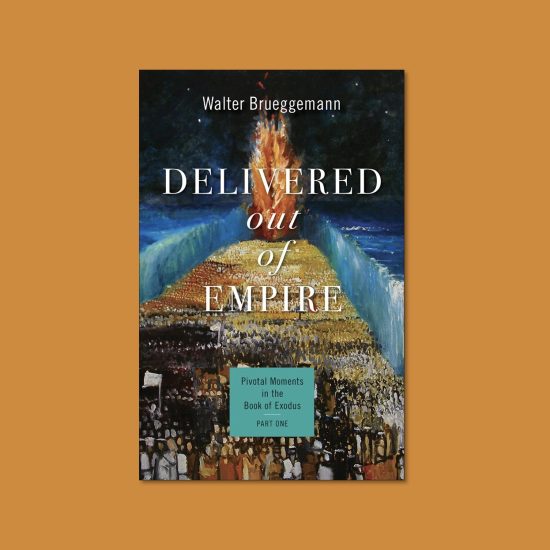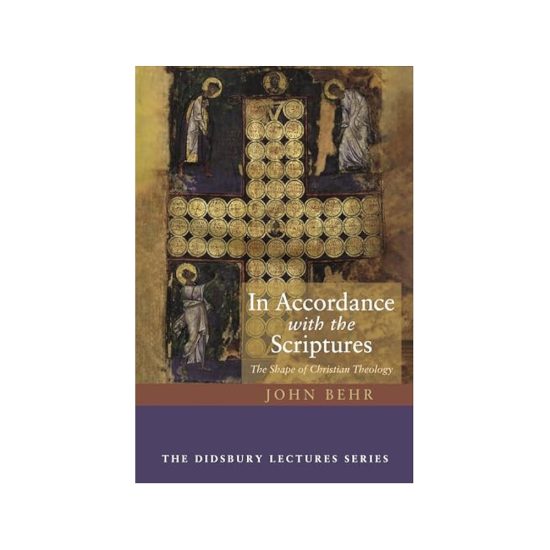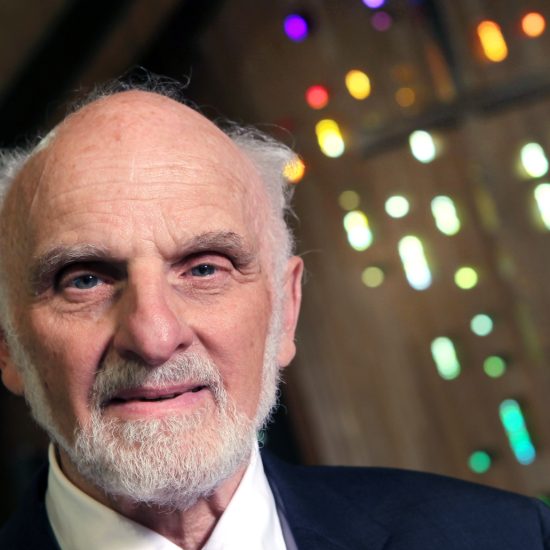WACO—Like the Old Testament prophet Ezekiel’s “wheel in the middle of a wheel,” King James-only churches represent a resilient subculture within the subculture of American fundamentalist Protestants, some scholars insist.
King James-only churches believe God preserved the inerrancy of the 1611 translation of the English Bible—perhaps even using it to correct errors in earlier versions of Scripture, said Jeffrey Straub, professor of historical theology at Central Baptist Theological Seminary in Plymouth, Minn.
“Few issues have had the kind of polarizing effect that the battle over Bible versions in general, and the battle for the KJV in particular, have had within some segments of American Protestantism,” Straub told a group during a conference at Baylor University marking the 400th anniversary of the King James Bible.
For King James-only Christians, he explained, “the use of the King James 1611—as opposed to corruption of the KJV which include the New King James and even the New Scofield Reference Bible which updated certain words within the text, rendering it a corruption of the original KJV—has become the litmus test for Christian orthodoxy. The sign of a biblical church becomes the Bible version used from the pulpit.”
The King James-only movement grew largely out of opposition to newer translations of the Bible—first the Revised Version of 1881 and American Standard Version of 1901 and later the Revised Standard Version of 1952 and those that followed, he noted.
Peter Ruckman, founder of Pensacola Bible Institute, became one of the movement’s most strident and extreme advocates over the last 40 years, Straub explained.
“Many of his views are idiosyncratic with regard to the general teachings of most KJV proponents. For example, Ruckman believes the (King James) 1611 sometimes is superior to any Greek text,” he said. “That is, when there is a discrepancy between the KJV and the manuscripts, … then the KJV should be considered authoritative.”
While Straub views the King James-only movement as “hyperfundamentalism” as distinguished from “mainstream” fundamentalism, he noted its staying power.
“There does not appear to be any realistic hope that the KJV-only position will die out any time in the near future,” he said. “If anything, the Internet has made the dissemination of even the most extreme forms of KJV-onlyism accessible to a worldwide audience.”
Scholars who study the King James-only movement need to look not just at rational arguments about the superiority of certain manuscripts but at the human side of the movement as reflected in the lives of individual Christians and the churches where they worship, said Jason Hentschel, a graduate of Baylor’s Truett Theological Sem-inary and doctoral candidate at the University of Dayton.
Hentschel spent several months attending worship services and interviewing leaders and members of Charity Baptist Church, a congregation in Kettering, Ohio, that adheres to the “inerrancy of Scripture as preserved in the King James Bible.”
Fear of doubt and a desire for an unchanging objective standard seems to motivate the church members’ commitment to the King James Version of the Bible, he asserted.
“Their insistence that the KJV Bible is the physically present, perfect, inerrant word of God reads, in many ways, as an attempt to certify their Bible’s authority and thus ultimately their faith and salvation,” Hentschel said.
“What Charity seeks is certainty and not confusion, objectivity not subjectivity, constancy not fluctuation. Believing the King James Version of the Bible to be the only authentic, historically and divinely preserved revelation of God is an attempt to achieve such certainty.”
The King James-only proponents, as exemplified at Charity Baptist Church, believe a perfect God not only inspired a perfect Bible but also preserved a perfect Bible, he explained.
“In this line of thinking about inerrancy, the King James Bible is the perfect word of God, which means it is eternally immutable. To add or subtract from it, to argue that we need something more or something different than what is found in it, is to argue against that Bible’s perfection and thus against God’s promise to provide humanity with salvation,” Hentschel said. “Authority and perfection here represent two sides of the same coin.”






